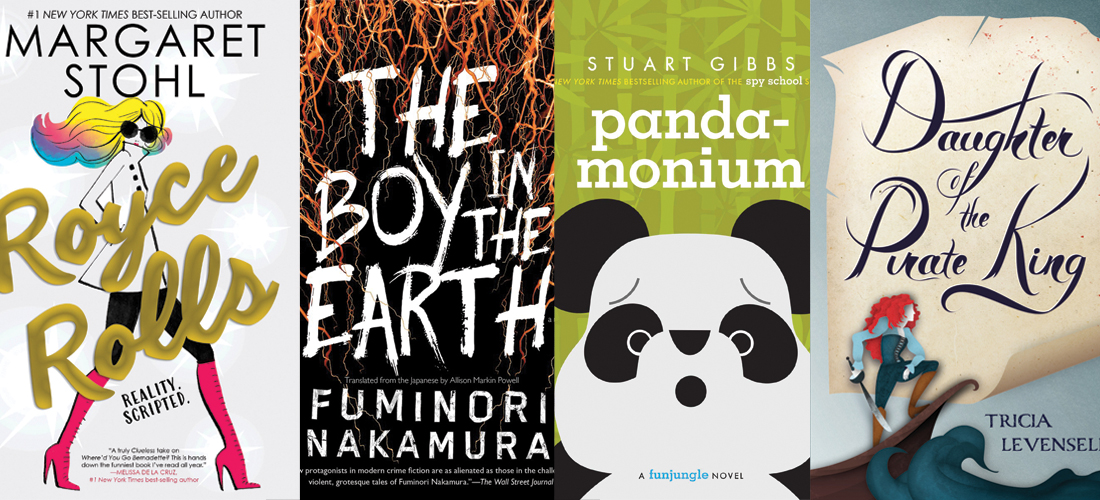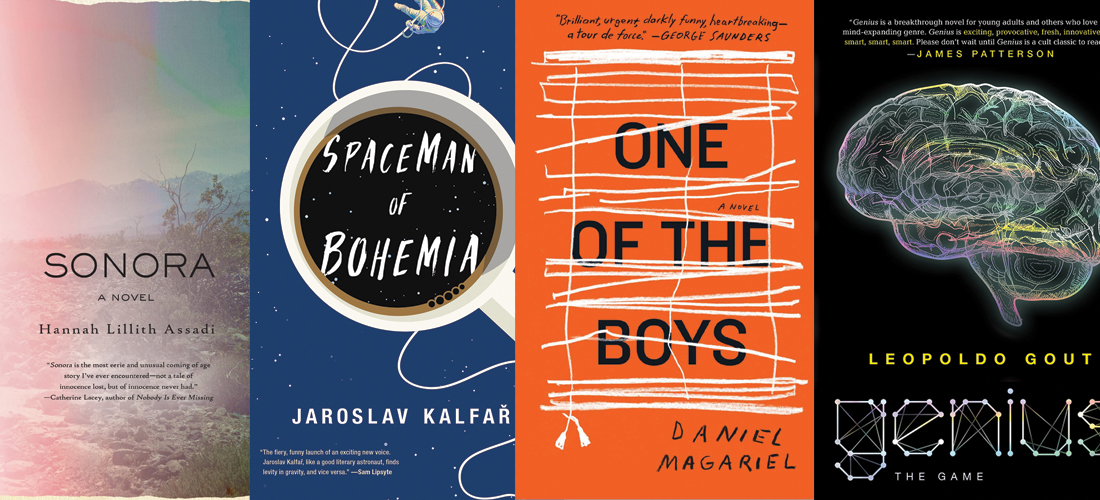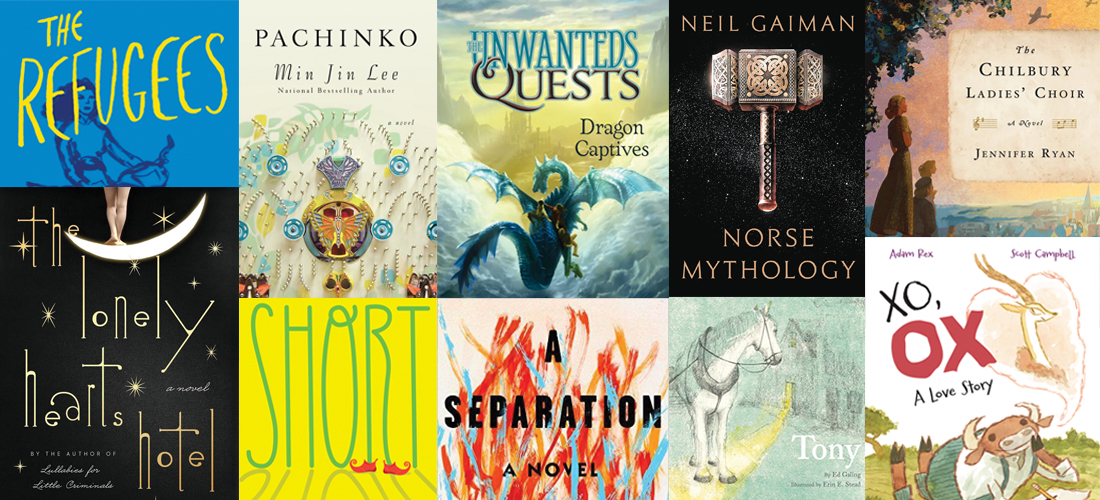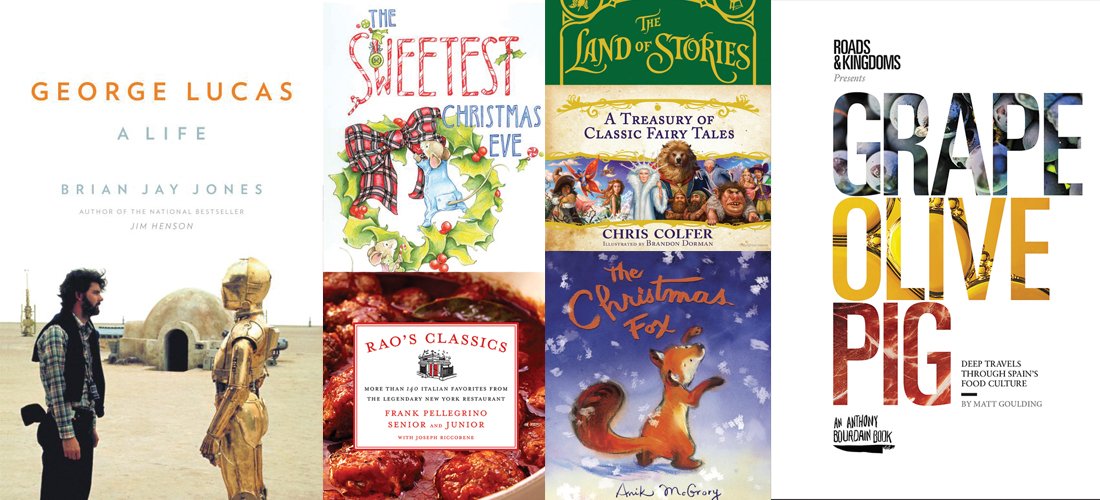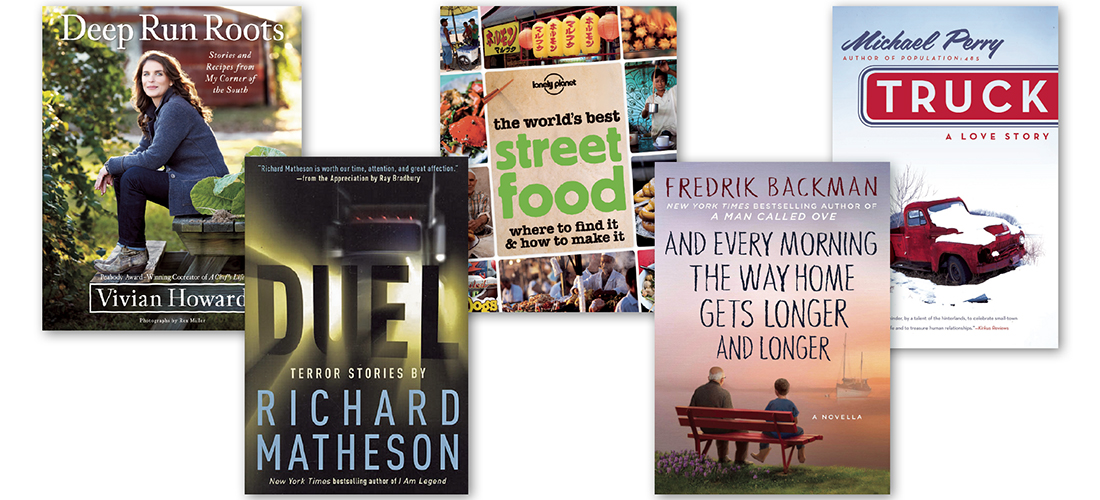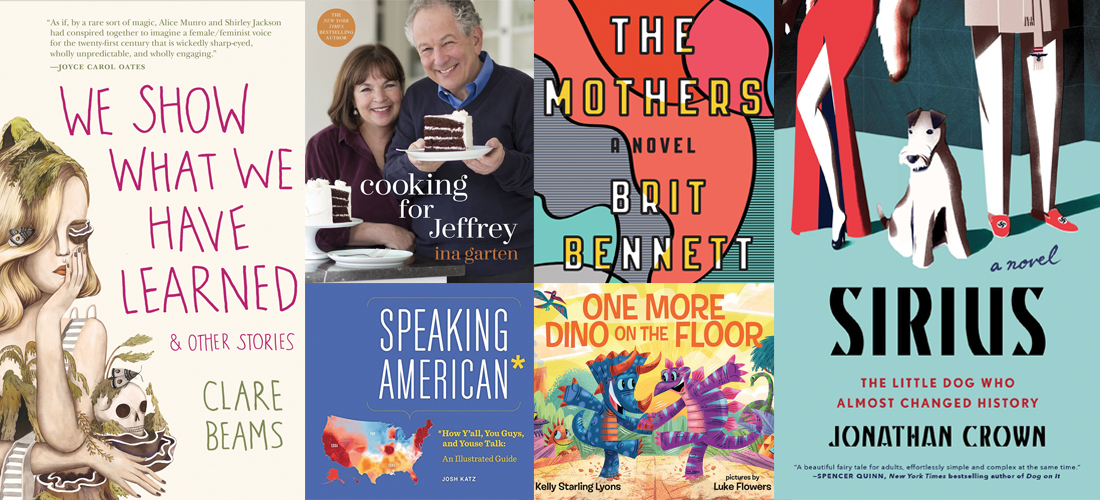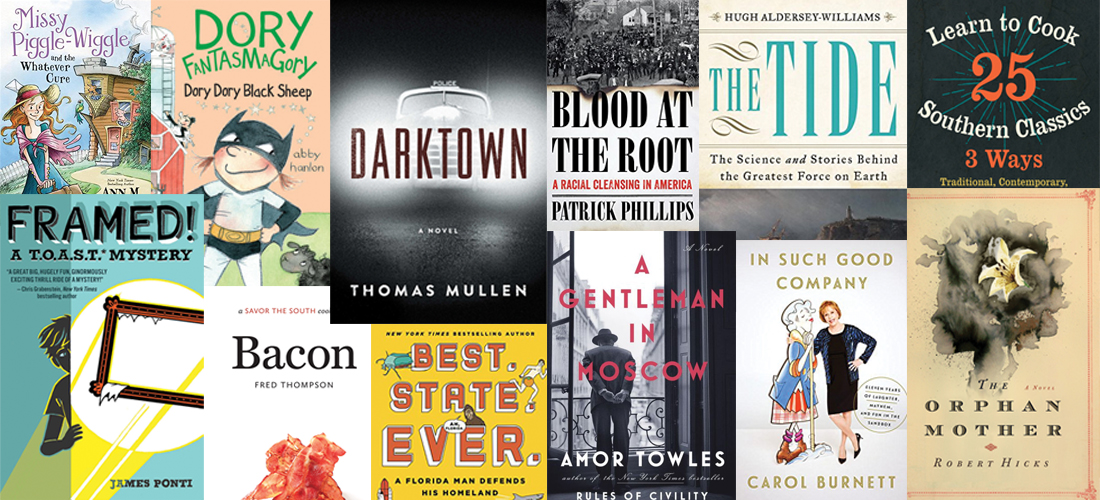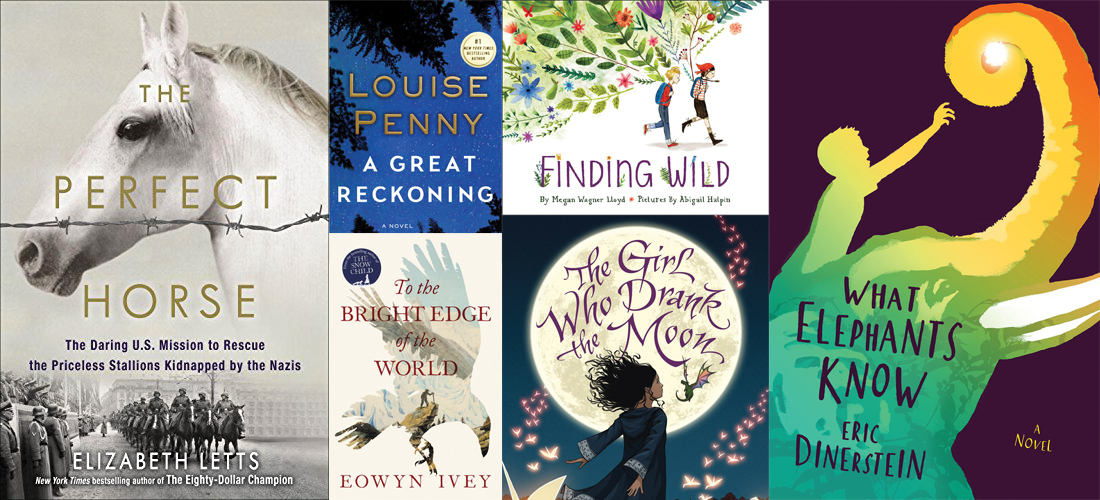By Romey Petite
This Is Just My Face: Try Not to Stare, by Gabourey Sidibe
Oscar nominee Gabourey Sidibe tells the captivating story of her life prior to starring and debuting in Lee Daniel’s Precious (2009) and her rise to international fame. Sidibe’s memoir charts a course from growing up in Bedford-Stuyvesant/Harlem, raised by a polygamist Senegalese taxi-driving father, an R&B/gospel singer mom (who supported their family by busking in the subway), and her aunt — feminist activist Dorothy Pitman Hughes. From getting her first job as a phone sex operator to her breakthrough role, Sidibe candidly covers a variety of subjects, including friendship, depression, and ongoing struggles in an industry that thrives on enforced beauty standards.
How to Be Human: A Novel, by Paula Cocozza
Still adjusting to life alone in a large house in a London suburb without her ex-boyfriend, Mary finds a baby girl belonging to her neighbors — Eric and Michelle — bundled on her doorstep. The baby isn’t the only unexpected visitor. She’s also acquired a gentleman caller in her garden by way of the back gate — a fox. Mary’s attitude toward the intruder is decidedly more live-and-let-live than her neighbors, who are determined to have the beast exterminated. Mary finds herself between two worlds, the human one she was born into, and one that lies beyond the bounds of her fence in the overgrown enchanted wood behind her house. Cocozza has written for The Guardian, Vogue, The Telegraph and The Independent, and this is her first novel.
A Speck in the Sea: A Story of Survival and Rescue, by John Aldridge, Anthony Sosinski
Ripped right from the headlines, A Speck in the Sea is soon to be a major motion picture by the Weinstein Company. On July 24, 2013, between 2:30 and 3 a.m., lobsterman John Aldridge found himself plunging off the deck of the Anna Mary into the Atlantic Ocean, adrift without a life vest. What awoke in him then was a sudden, violent desire to survive despite his being hours from Montauk Harbor. A Speck in the Sea is, at times, bloodcurdling — Aldridge finds himself being appraised as a potential meal by a shiver of blue sharks. At others, it’s insightfully unabashed — forced to adapt, Aldridge fills his heavy fisherman’s boots with air to create a pair of makeshift flotation devices. Readers of Joe Simpson’s Touching the Void will appreciate this story of survival in the face of desolation and what seems like impossible odds.
Novel Destinations, Second Edition: A Travel Guide to Literary Landmarks from Jane Austen’s Bath to Ernest Hemingway’s Key West, by Shannon McKenna Schmidt and Joni Rendon
A guide for both sightseeing and time travel, Schmidt and Rendon have the unique ability to endow an inanimate locus (whether a small town, bustling metropolis or a winding road) with a distinct voice, preserving it as a timeless place through their prose. Consider how, to this day, images of Joyce’s Dublin, Virginia Woolf’s London and Kafka’s Prague endure despite each city’s respective changes in architecture and pace of life. Readers will enjoy retracing the steps of Shakespeare, Wharton, Kerouac, Harper Lee and Mark Twain from the comfort of their own armchairs, as well as making travel plans for future excursions — road trips to museums, restaurants and festivals nestled in out-of-the-way destinations.
The Loyal Son: The War in Ben Franklin’s House, by Daniel Mark Epstein
Benjamin Franklin — the First American, Prophet of Tolerance and the Newton of Electricity — is a Founding Father synonymous with success and prosperity. Few, however, know of Benjamin’s son, William. Born out of wedlock, William Franklin was 21 years of age the day he aided in his father’s experiments with electricity and at his peak, attained public office as governor of New Jersey. During the American Revolution, William was seized by militiamen, held under house arrest for being a Loyalist and eventually driven into exile. Epstein paints a complicated portrait of both men, one who remains an immortal American patriot another who died an obscure expat.
Wedding Toasts I’ll Never Give, by Ada Calhoun
Following up on her eponymous New York Times essay for the Modern Love column, Calhoun continues her unvarnished approaches to the subjects of marriage, intimacy and the discrepancies therein. Citing friends, poets, priests, rabbis and even unlikely authors (such as J.R.R. Tolkien), Calhoun presents readers with a plethora of post-nuptial advice. Fans of Elizabeth Gilbert and Glennon Doyle Melton will appreciate this exercise in soul-searching as well as its matter-of-fact tone on life happily ever after.
The Potlikker Papers: A Food History of the Modern South, by John T. Edge
Columnist John T. Edge delves into the inextricable relationship of politics to food in the South from Huey P. Long to Jimmy Carter. Beginning chronologically in the 1950s with the role of black cooks and maids in the civil rights movement, Edge creates a through line to 2015 with the arrival of what he designates as the culinary New South — the widespread popularity and integration of dishes from Mexican, Vietnamese and Lebanese Americans. Among numerous culinary delights, is the book’s namesake, the nutrient-rich greens of simmering pot liquor. Expounding on the soup’s origins in the homes of poor Southerners, the hotly contested debates over whether the cornbread should be crumbled or dipped, to its eventual inclusion as a quintessential pillar of cuisine Americana, this is a book no true connoisseur would dare to miss.
The Leavers, by Lisa Ko
Through her winner of the 2016 PEN/Bellwether Prize for Fiction, Lisa Ko gives insight into issues facing immigrants in America today. Deming Guo, 11 years old, finds himself up for adoption when his mother, Polly, an undocumented Chinese immigrant working at a New York nail salon, disappears without a trace. Separated from his mother by thousands of miles, it is not until they are reunited that they realize leaving is not bad if it’s a choice you make yourself. Readers of Imbolo Mbue’s Behold the Dreamers and Chimamanda Ngozi Adichie’s Americanah won’t want to miss this tale of longing and reconciliation.
CHILDREN’S BOOKS
By Angie Talley
Children’s Book Week is May 1-7. Share a book with a child and look for children’s events all this week in The Country Bookshop and your local library.
Bloom, by Deborah Diesen and
Mary Lundquist
From The Pout-Pout Fish author Deborah Diesen comes a lovely celebration of planting, growing and together time. Wrap this lovely picture book up with a pair of garden gloves for the perfect spring gift for a young nature lover. Ages 3-6.
The Forever Garden, by Laurel Snyder
Whether singing to her plants or gathering speckled eggs, Honey is in her garden every day. But when she has to move to take care of her sick mother, who will care for the garden once she leaves? This sweet, beautifully illustrated story is at once an homage to nature and an ode to the beauty of friendship. It’s the perfect gift for a young child when a friend must move away. Ages 4-8.
I Just Want to Say Good Night,
by Rachel Isadora
This absolutely gorgeous book is anything but the typical going-to-bed book. Lala wishes goodnight to a monkey, her chickens and to the ants, but the most stunning image is Lala wishing goodnight to her goat by resting her head on his flank — providing a poignant visual of just how closely connected African children are to the land. Ages 3-6.
Defy the Stars, by Claudia Gray
Noemi, 17 years old and a fighter pilot for her world, stumbles upon Abel, an advanced android-type warrior abandoned for years in a ship left behind after a battle between his world and Noemi’s. Adventure, romance and ethical decision making drive the story in this un-put-downable read. With Defy the Stars, Claudia Gray has hit the mark for a perfect summer read for fans of Illuminae or Across the Universe. Ages 14 and up. PS


